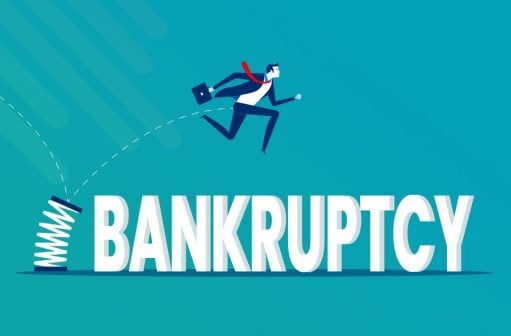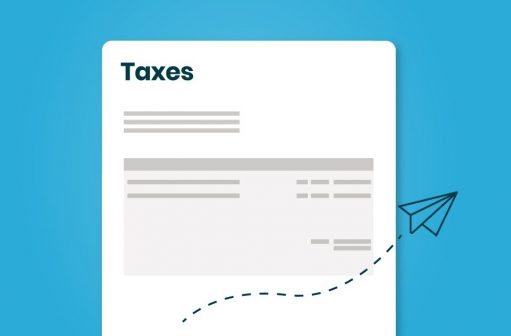May 26, 2020 in Legal
Should you consider Mediation-Conflict Resolution-Alternative Dispute Resolution?
This article focuses on the importance of alternative dispute resolution to resolve general/civil disputes.
It's your turn now! Let's support each other by clicking "Helpful".
+1

DISCUSS #Relationship
DISCUSS #Parenting
The world is full of disagreements because people have unique perspectives. Many topics of disagreement are serious, such as topics about politics or religion, while other debates like Michael Jordan vs Lebron James demonstrate great barber shop discussions. However, most people are passionate about their perspective during a disagreement.
Sometimes, we have disagreements that could lead to court for others to settle. For example, consider a dispute between a former landlord and tenant. The landlord refuses to return the former tenant’s security deposit and the former landlord does not provide adequate evidence to the former tenant’s liking to support withholding the deposit. Professional mediation could be an alternative way to resolve this dispute, to avoid going to court.
What is Mediation and how does it work? Mediation is a non-adversarial process designed to help parties make decisions to resolve disagreements while working with a neutral party (mediator). Mediation disputes could include EEOC disputes, workplace disputes, juvenile cases, parent-teacher school disagreements, special education cases, Magistrate Court cases, landlord tenant cases, church and/or family conflict and business disputes. The mediation process can be cheaper and faster than a typical court process where attorney fees and long court calendars can make cases lengthy. During a mediation, the two parties voluntarily may decide the outcome of the disagreement, but it is not required. The agreement is then recorded on a written document, where both parties sign and agree. In example, the former landlord discussed earlier agrees to return half of the security deposit after showing evidence that the former tenant broke the lease 15 days early. The former landlord and tenant’s agreement would be recorded and signed. If the agreement is breached by either party, the agreement could be used as evidence. Again, the mediation process allows you to have the autonomy to decide a dispute outside of court, whereas a judge controls the dispute process in court by making a final decision. The judge's decision may or may not go in your favor. Therefore, the question persists, would you rather decide your own fate or let someone else? Professional mediation may benefit you!
Add to myWE:
Ricky Hogens-Conflict Nagivation Specialist
A Path to Greatness, LLC








 Thank you for your help!
Thank you for your help!